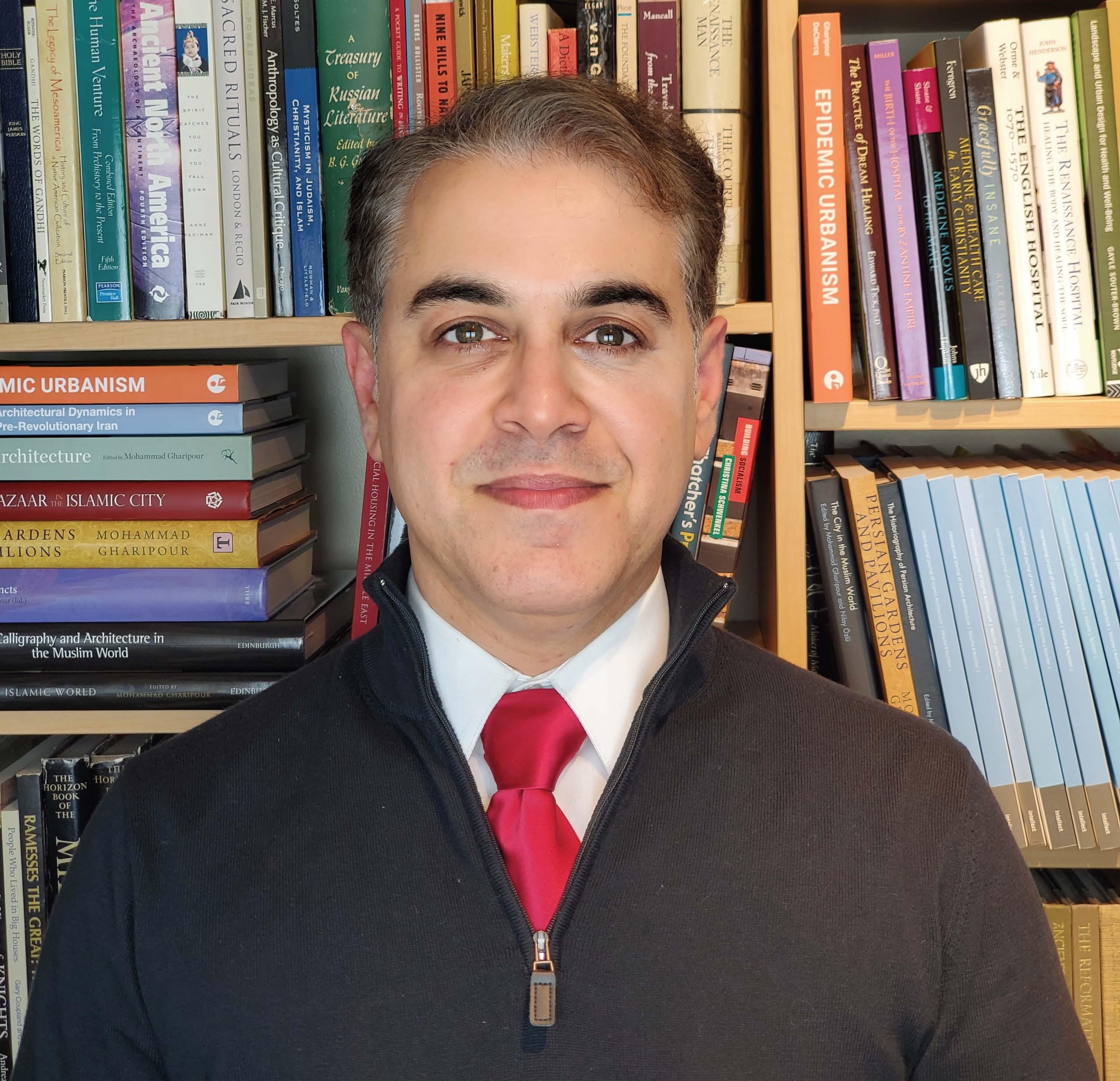This course aims to provide students interested in public health and built environment professions with a comprehensive and transdisciplinary exploration of community, urbanism, design, and health.
Terms Offered
Winter 2024
Course Details
This course aims to provide students interested in public health and built environment professions with a comprehensive and transdisciplinary exploration of community, urbanism, design, and health. It will provide students with a conceptual framework for comprehending health and equity within the built environment, delving into topics such as healing and therapeutic environments. Taking a global perspective, this course will facilitate an in-depth understanding of key theoretical concepts and models within this field. Through online workshops and discussions, students will develop the skills necessary to analyze the intricate interplay between public health and the environment. In addition to establishing a foundational grasp of the relationship between health, equity, and the environment, the course will also critically examine the myriad factors that influence the design of healing environments.
The Global Classrooms Section is GC01.
Number of Credits: 3
How You Will Learn and Work
This is a Global Classrooms Connections Course. This course will include a blend of synchronous and asynchronous learning.
Cultural Connection
World-wide
General Education Credits
None
School/College
School of Architecture, Planning, and Preservation
Prerequisites & Restrictions
None
Faculty Highlight

Mohammad Gharipour
Mohammad Gharipour is professor and director of the Architecture Program at the University of Maryland, College Park. He serves as an affiliate faculty at the National Center for Smart Growth and Persian Studies Program. Dr. Gharipour obtained his PhD in architecture at the Georgia Institute of Technology.
Gharipour’s scholarship and work has earned him several prestigious national and international awards and grants, including the Society of Architectural Historians (2008), Dumbarton Oaks (2010), National Endowment in Humanities (2015), Fulbright-Hays (2016), Foundation for Landscape Studies (2016), Council of Educators of Landscape Architecture (2016), American Institute of Architects (2018), Fulbright (2019), and National Institute of Health (2020). In 2016, Diverse: Issues in Higher Education magazine named Gharipour as a minority scholar making their mark in U.S. academia.
In addition to organizing and chairing more than thirty panels and conferences, he has presented his research at many international venues, including MIT, Harvard University, Columbia University, University of Adelaide, University of Toronto, Dumbarton Oaks, Indiana University, University of Arizona, University of Sydney, Central European University, Bogazici University, Walters Museum of Art, the Center for Jewish History, and Metropolitan Museum of Art.
Dr. Gharipour has published nearly 150 journal papers, book chapters, encyclopedia entries, magazine articles, reviews, interviews, and op-eds. He has also authored, edited, and co-edited fourteen books including Bazaar in the Islamic City (American University of Cairo Press, 2012); Calligraphy and Architecture in Muslim world (Edinburgh University Press, 2013); Persian Gardens and Pavilions (I. B. Tauris, 2013); Sacred Precincts (Brill, 2014); City in the Muslim World: Depictions by Western Travelers (Routledge, 2015); Historiography of Persian Architecture (Routledge, 2015); Urban Landscapes of the Middle East (Routledge, 2016); Synagogues of the Islamic World (Edinburgh University Press, 2017); Gardens of Renaissance Europe and the Islamic Empires (Pennsylvania State University Press, 2017); Social Housing in the Middle East (Indiana University Press, 2019); Architectural Dynamics in Pre-Revolutionary Iran (Intellect, 2019); Health and Architecture (Bloomsbury, 2021); Epidemic Urbanism: Contagious Diseases in Global Cities (Intellect, 2021); and Islamic Architecture Today and Tomorrow (Intellect and Chicago State University Press, 2022). Epidemic Urbanism was selected for the Book Award from Architectural Research Centers Consortium in January 2023.
In the last six years and with the support of the National Institutes of Health, Dr. Gharipour has been researching health disparity and the design of community clinics in American cities. This research has been published in several journals including Inquiry, Health Environment Research & Design Journal, and International Journal of Architectural Research.
Dr. Gharipour is the director and founder of the award-winning International Journal of Islamic Architecture (IJIA), the director and co-founder of the Epidemic Urbanism Initiative, and the second vice president of the Society of Architectural Historians. He is also the editor of the book series on Health and the Built Environment (Routledge, founded in 2021) and the book series on Critical Studies in Architecture of the Middle East (Intellect, founded in 2016).
Education
PhD in Architecture
Georgia Institute of Technology
2009
Master of Architecture
University of Tehran
2001
Tuition & Scholarship
Course costs should be calculated based on the university’s standard tuition and fees for undergraduate students and graduate students.
Students enrolled in winter and summer Global Classrooms courses may be eligible for the International Education Scholarship.
Cancellation and Refunds
Global Classrooms courses follow UMD's Schedule Adjustment policies.
Questions & Contact Info
For more course information contact Prof. Mohammad Gharipour at mgr@umd.edu.
For general questions, please contact the Global Classrooms team at globalclassrooms@umd.edu.
